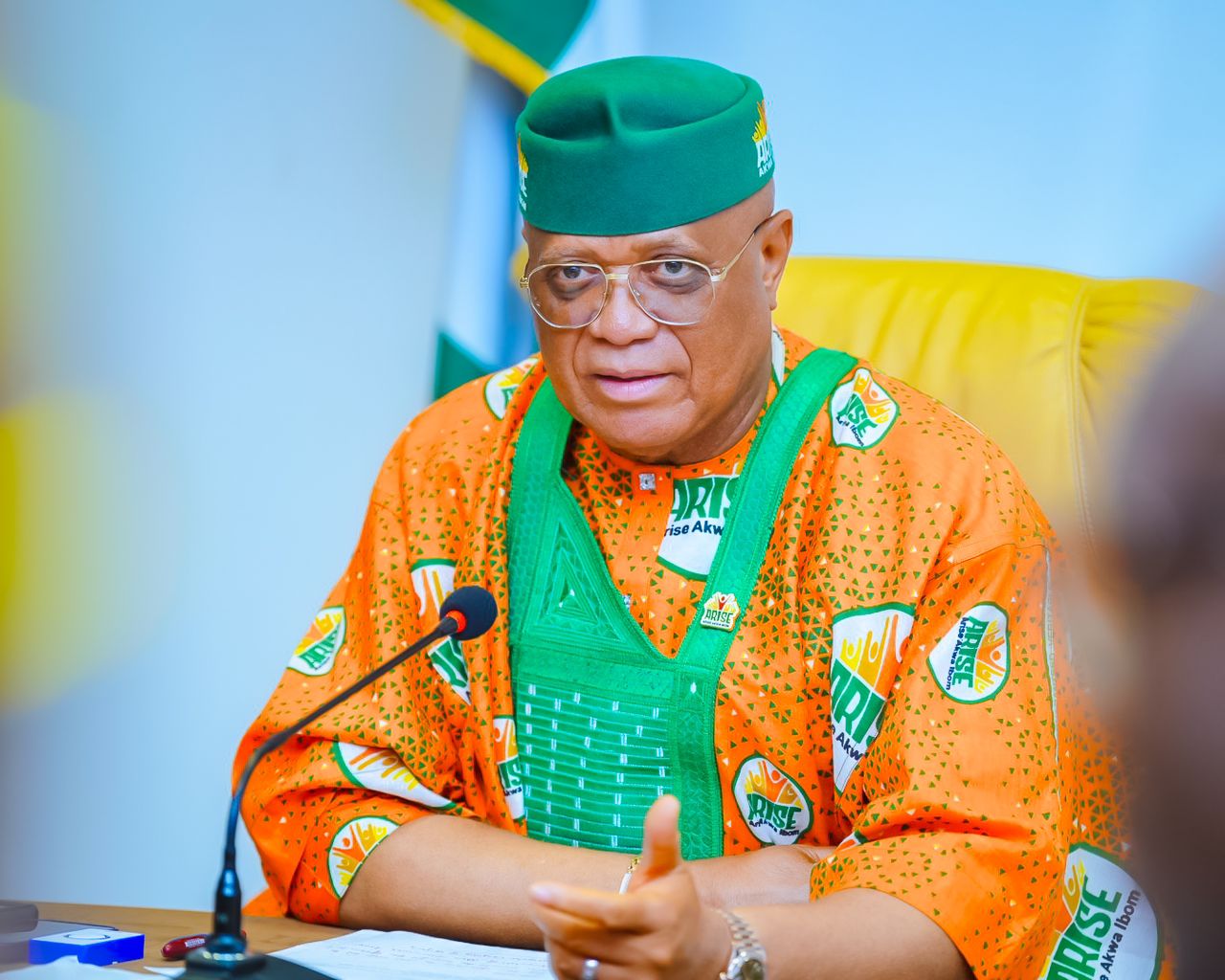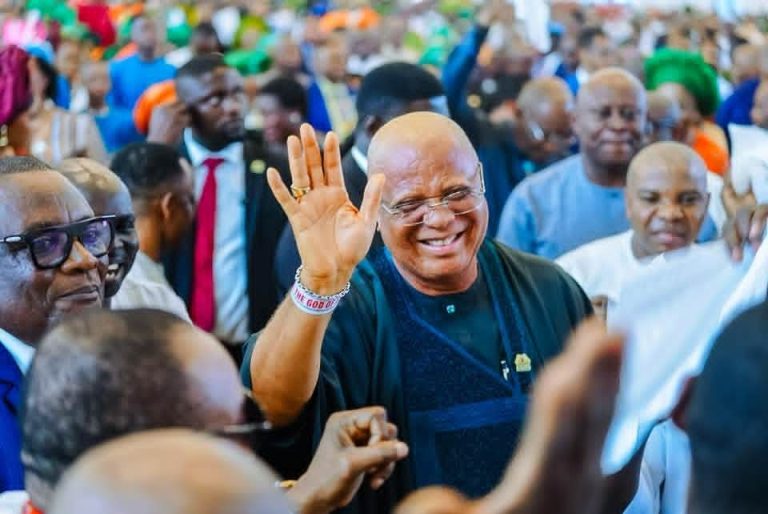So much enthusiasm has continued to trail the adoption of the proposed ECO as a single currency for ECOWAS. Do the ECOWAS countries have the political will to carry out this task which has posed a lot of challenge since 2005 when it was first proposed? A Professor of Political Economist, immediate past Director General of the West African Institute for Financial and Economic Management (WAIFEM), and also currently, the Executive Chairman of the Foundation for Economic Research and Training Lagos, Akpan Ekpo, in this interview with MERCY IGNITUS, sheds light on the economic convergence criteria amongst other issues.
Enthusiasm with the ECO
When the adoption of the ECO finally happens, every country in ECOWAS will begin to use the currency. The West African Monetary Zone, WAMZ in 2000 decided to bring together all the single currencies into one single currency (CFA and other currencies to become the ECO). It is a long shot from now because the criteria have not been met.
The Francophone West African countries already have a single currency (CFA) which is tied to the Euro and their reserve is in France.
Determining the Value of the ECO
It will be at parity with the pound sterling, Euro or the Dollar, where the Central Bank will determine the value of the currency vis a vis the other currencies but that the issue of the single currency value will be a big problem and may hamper the process.
How feasible is it for countries to meet the economic convergence criteria
The three primary criteria being used are: a budget deficit of not more than three per cent; average annual inflation of less than 10 per cent with a long term goal of not more than five per cent by 2019; and gross reserves that can finance at least three months of imports.
The three secondary convergence criteria are public debt/Gross Domestic Product of not more than 70 per cent; Central Bank financing of budget deficit should not be more than 10 per cent of previous year’s tax revenue; and nominal exchange rate variation of plus or minus 10 per cent.
Since 2000, no country has met all the criteria at the same time, only Togo and Guinea did in 2019 but both have small economies and Nigeria has the largest economy in the subregion. Nigeria also has the highest GDP, if you combine all the other countries’ GDP; they’re not up to that of Nigeria.
For us to have a common currency, Nigeria must be carried along, as having the biggest economy in the sub-region.
Reduction of economic convergence criteria and 3.4% growth rate projection
The reduction of the criteria from 11 to 6 was in order, where the primary criteria are being retained. He however said the secondary criteria were too complex and demanding and too unrealistic.
On whether or not the 3.4 per cent growth rate projected for the ECOWAS region in 2019 against three per cent experienced in 2018 would be achieved, I am optimistic that it was feasible, but only if efforts are made by ECOWAS countries to diversify their economies making them more productive. Efforts must be made to industrialise.
Adopting the Naira
If not for national pride, if you’re using the market forces where the naira is accepted even in the black market and in at least 5 ECOWAS countries (Guinea, Ghana, Gambia, Sierra Leone, even up to Mauritania), the naira should have just been adopted.
No country wants to drop its own currency for another, so they prefer to use a neutral currency.
Delay in adoption
The fact that the Anglophone West African countries have different currencies is a problem. The countries have been shifting the goal post as to when to begin adoption of the ECO, but the Heads of States and Governments have said it should be this year 2020, that’s why all these meetings are going on.
Nigeria and the other Anglophone West African countries have asked the Francophone speaking countries to provide a roadmap of when they will delist with France, because having one currency will mean putting the currency under their reserve.
We have one monetary, fiscal policy and one Central Bank but it is not like that with the Euro because right now all their reserves are in France.
When you have a monetary union you have all the reserves in the West African Central Bank. It was however agreed that all the ECOWAS countries will begin to use the ECO at the same time once they meet the economic convergence criteria.
Implication for Nigeria
In the short term Nigeria will carry the burden if the convergence is not well done, since we’re the largest economy in the sub-region.
Our reserve is the largest and it means it will be put in the pull for others to share. The budget will be determined by the Monetary Union, and once the Francophone countries delist from France their macro- economic decisions will become different and that will pose another problem because they too will not meet the convergence criteria.
There has to be the political will; in the long run it will be positive for Nigeria because we’ll now have a market to export our goods and the union will now be a big market to compete with Europe and America.
Way forward
Heads of States and governments should meet and resolve the problem with regard to economic convergence criteria which is the major problem.
You cannot have a monetary union based on politics.
https://any.peopleandpowermag.com/you-cannot-have-a-monetery-union-based-on-politics-prof-ekpo/




